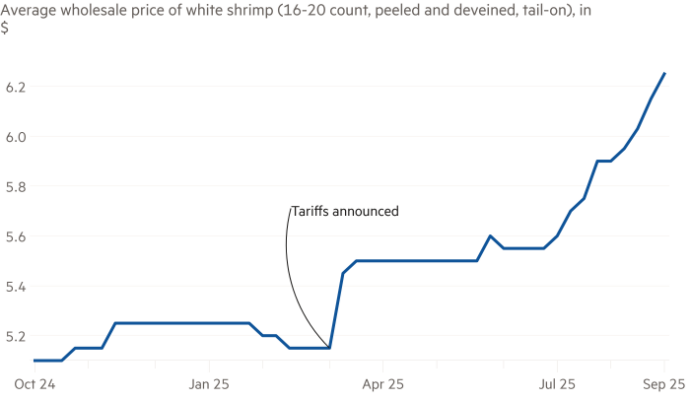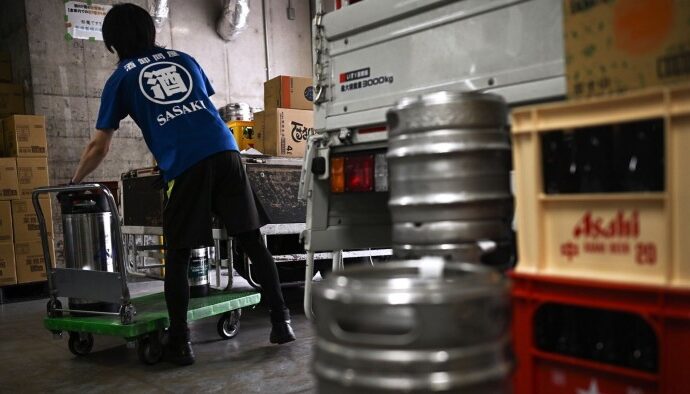Stay informed with free updates
Simply sign up to the Chinese economy myFT Digest — delivered directly to your inbox.
Chinese President Xi Jinping has issued an unusually blunt warning to local governments against over-investment in artificial intelligence and electric vehicles, as vicious price wars fuel deflation in the world’s second-largest economy.
The comments, in which Xi attacked what he called “three pats officials” who evade responsibility for reckless investment plans, will strengthen market expectations that Beijing will intervene in the AI, EV and other industries it believes are suffering from over-investment.
“When it comes to projects, there are a few things — artificial intelligence, computing power and new energy vehicles. Do all provinces in the country have to develop industries in these directions?” Xi told the Central Urban Work Conference, a rarely held high-level Communist party meeting on urban development.
Xi’s remarks were carried on the front page of the Communist party mouthpiece, the People’s Daily, underlining their importance. They follow a series of official statements attacking what Beijing calls neijuan, or “involution” — price wars in industries suffering from overcapacity.
Xi referenced popular idioms to criticise so-called three pats officials — those who pat their own heads and chests while making reckless decisions and assuring others everything is fine, then “pat [the dust off] their buttocks” and slip away.
Local governments across China, including in remote and sparsely populated regions such as Xinjiang and Inner Mongolia, have rushed to construct data centres in a bid to capitalise on the boom in AI usage.
But the Financial Times has reported that many of these projects suffer from a lack of technical knowhow and have wasted critical chip resources.
In the electric vehicle industry, scores of manufacturers have engaged in bruising price wars that have hit their earnings and angered trading partners who fear China’s abnormally low prices are undermining the industry globally.
“We should not only focus on how much GDP has grown and how many major projects have been built, but also on how much debt is owed,” Xi told the conference. “We should not let some people pass the buck and leave problems to future generations.”
The remarks and the party’s campaign against involution are a major turnaround from a year ago, when Xi denied that overcapacity existed in China, during a visit to France.
Economists say China is passing through its longest period of deflationary pressure since the 1990s, with the GDP deflator — the broadest measure of inflation of goods and services — falling for nine consecutive quarters.
This has sparked speculation that the government will begin to intervene directly in industries to reduce capacity or lift prices.
“Already, we are seeing industries making moves to address the ‘involution’,” HSBC analysts said in a research note. They said companies producing photovoltaic glass for the solar industry had announced a collective 30 per cent reduction in production from July, while the industry associations of cement, steel and construction had also said they would make adjustments.
In the AI industry, insiders have said there is a growing problem of chips lying idle in newly constructed data centres.
One investor in the sector said the warning on over-investment in AI was unlikely to affect the flow of funding in tech hubs such as Beijing and Shenzhen, but instead was being interpreted as “targeted to smaller cities” that had also jumped on the AI bandwagon.


